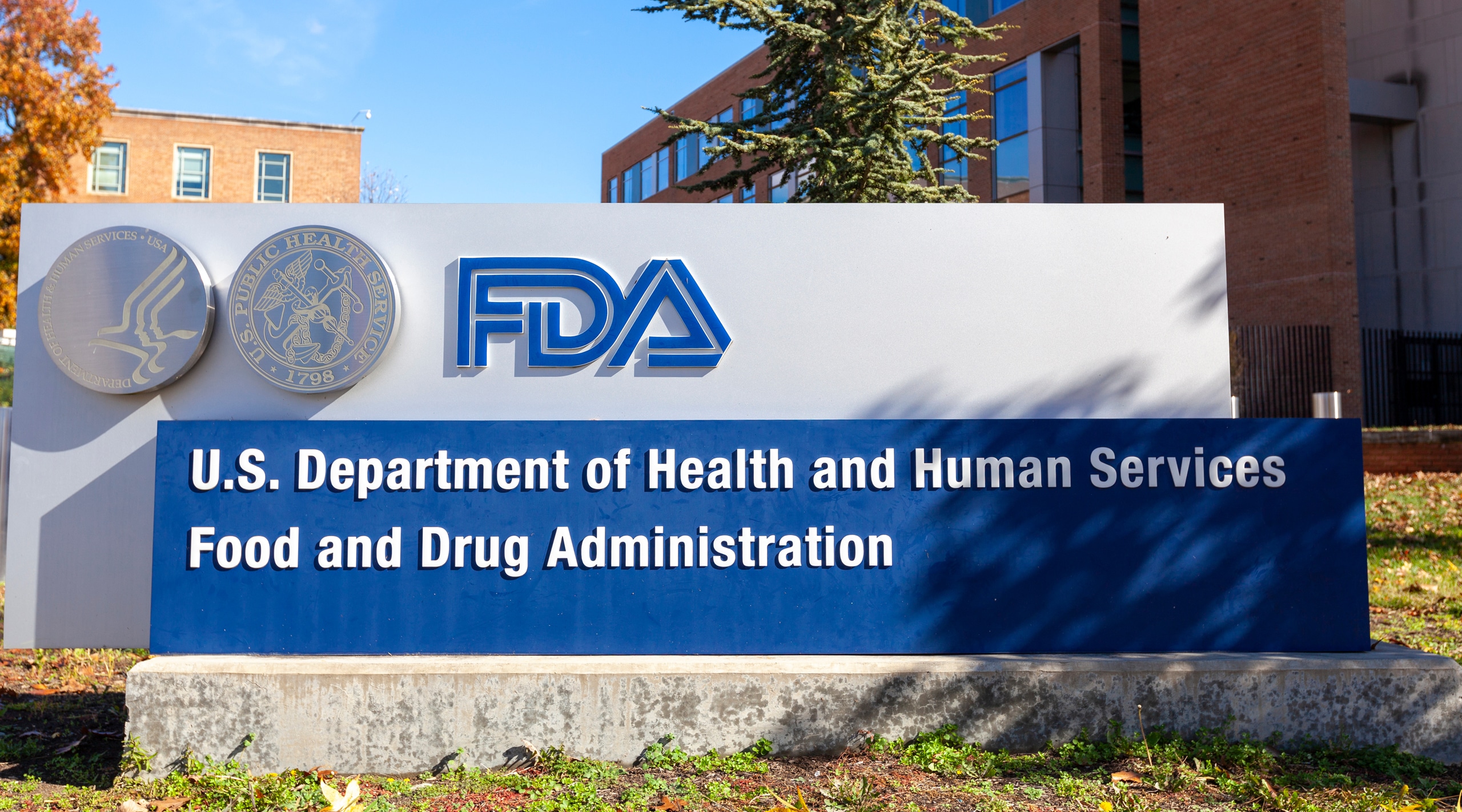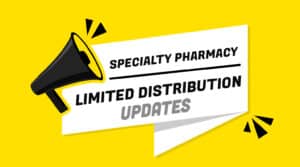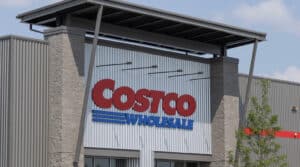We dog eared the article below some time ago but never got around to including it in a weekly Anton Rx Report. It is insightful making the point that regulatory policies are creating legal log jams slowing the approval of new, competing therapies.
Specialty pharmacies historically benefited from new brand products coming to market. In most cases they were 5-10% or more costly than the last generation product…. so revenues benefited. These days, however, most of the new approvals are uber costly orphan drugs and are launched through limited distribution. As such, the majority of specialty pharmacies don’t enjoy any measurable benefit.
To keep the revenue pipeline robust, specialty pharmacies would actually benefit from access to new generic and biosimilar products. Hey, some revenue is better than NO revenue. So, when older brands lock out new. lower priced products the market can stagnate. And, those patients facing hefty out-of-pocket costs for the new wonder drug might be happy to access a last generation product or biosimilar that might now be available on a lower cost benefit tier.
New Biologics Are Skewing Exclusivity Periods Longer, Study Says
The rise of biologics as a class of prescription spending is fueling a trend toward longer exclusivity periods, which ultimately makes access more remote, authors of a new study said.
More new drugs tend to be biologics, approximately 1 in 4, which is a concern because biologics tend to command higher prices and enjoy longer market exclusivity, thereby fending off competitors such as biosimilars that would bring prices down and improve access, authors of a new study wrote.
They studied exclusivity periods for a range of generic and biologic products to understand the changes that are occurring and spot important trends.
“High drug prices charged during exclusivity periods allow drug manufacturers to recoup returns on earlier investment in drug development. However, unnecessarily lengthy exclusivity periods contribute to excess health care spending, and it is not clear whether the current system is financially incentivizing clinically important innovations,” investigators wrote.
Current marketing exclusivity periods for drugs range from 13 to 17 years, although biologics tend to have longer exclusivity, they found. “Policymakers should consider options to encourage timely competition, particularly among biologic drugs.”
The authors used claims data to estimate market exclusivity for 264 small molecule and 4 biologic drugs that faced new generic or biosimilar competition from 2012 to 2018. The exclusivity periods for biologics averaged 21.5 years versus 14.4 years for small molecule drugs (P = .02).
Investigators also found that drugs with lower annual revenues tended to have longer exclusivity periods:
< $75 million = 16.6 years
≥ $500 million = 14.2 years
(P = .006)
Investigators found that versions of existing drugs that had been modified (eg, administration route, therapeutic area) or gained approval via use of expedited approval pathways had shorter exclusivities than new drugs (9.9 vs 14.5 years; P < .01).
Periods of exclusivity make it possible for manufacturers to charge high prices for their innovator drugs, which is partly why brand-name products account for 80% of US prescription drug spending. Once competitor products enter the market, prices may drop substantially, leading to lower-out-of-pocket spending, improved medication adherence, and patient outcomes, authors said.
Therefore, market exclusivity periods are an important factor to consider in the patient-access equation, they said.
The study drew upon records from 17 million commercial and Medicare Advantage patients in 50 states, as well as FDA lists of generic and biosimilar approvals from 2012 to 2018. The study encompassed 109 new products and 159 modified products.
Modified drugs approved under an expedited FDA pathway had longer exclusivity than regular pathway drugs (15.1 vs 9.7 years; P = .01).
Therapeutic area and route of administration also correlated with exclusivity length, with longer periods for new products in the hematology/oncology (14.3 years), infectious disease (16.1), and dermatology (17.0) arenas, and longer periods also for topical (27.6), inhaled or intranasal (17.1 [modified drugs only]) or injected products (15.4).
Authors of the study said they did not find evidence that exclusivity periods lengthened for new small molecule drugs between 2012 and 2018. But longer exclusivity periods were noted “among the first 4 biologic drugs to face biosimilar competition, which is notable because biologics account for a rising proportion of new drug approvals.”
The lack of automatic substitution of biosimilars at the pharmacy counter has the potential to limit competition for innovator drugs, but biosimilars can still make an important difference via their lower prices, the authors said. “Since biosimilar competition can still lead to modestly lower prices even without automatic substitution, timely biosimilar competition is still important for improving patient access to lower-cost treatments and limiting unnecessary spending on these expensive products.”
Investigators found that a generic pathway created via the Hatch-Waxman Act appears to have succeeded in incentivizing earlier generic competition. Hatch-Waxman was designed to encourage generic competition by allowing 180 days of exclusivity to the first generic product to gain tentative FDA approval and go to market against an established brand-name drug. Shorter exclusivity periods resulted from this policy, but for almost 50% of new drugs, the first generics did not qualify for the 180-day exclusivity period, investigators found.
They said it remains to be seen whether the FDA’s 2017 Drug Competition Action Plan is able to encourage generic competition and increase generic approvals. “It will be critical to examine whether exclusivity length eventually shortens,” they said.
A recent study emphasized the importance of improving access to biosimilars as a way to generate better outcomes and lower costs for medicine.
Tony Hagen, AJMC






